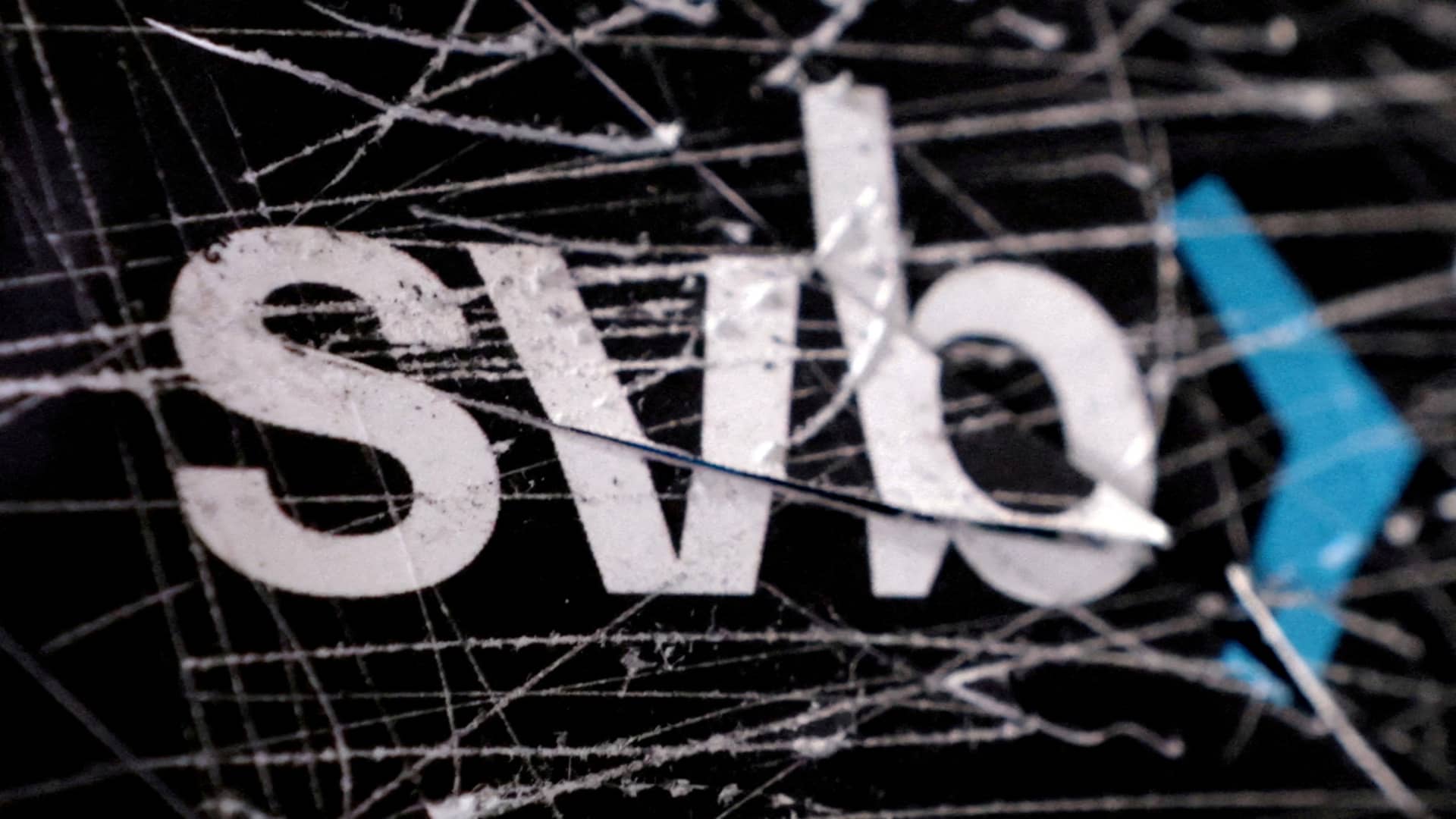Woe is me.
For the first time in a decade, the little blue check no longer appears on my Twitter profile. It is the second day since Elon Musk arrogantly demanded that people pay for extra benefits on the platform, and the loss of my validation as The One True Original Ed Morrissey® has shaken me to my core.
Actually, since my father is also named Ed Morrissey, that argument may need a wee bit of work.
Nevertheless! The blue check was apparently my right as a journalist, and as our colleagues at Twitchy are having to work overtime to catalogue, journalists and celebrities are arguing vociferously to get that right serviced for free. And hey, I write and podcast for Hot Air and guest-host radio shows on Salem and Relevant Radio, which makes me both a journalist and a celebrity. Right?
Well, let’s just stick with journalist. The paparazzi have yet to hound my steps, and let’s face it, for good reasons. (They’ve never heard my legendary cover of “Margaritaville,” so ….)
There actually is a good argument that verifying identities of actual journalists benefits Twitter and all users of the platform. This ain’t one of them, however:
Elon thinks this is a funny joke. As a former verified account who lost their blue checkmark, I know how dangerous this really is. People are going to die. https://t.co/5HJkDLmko5
— Julie Melner (@UsingCigarettes) April 20, 2023
This points up a real problem with Twitter — the lack of Comic Sans font to identify jokes. I assume this is a joke, because arguing that people are gonna die merely because a social-media platform has ended account verification is pretty darned hilarious. How exactly is that supposed to happen? How did Twitter prevent it in the days before celebrity/journalist verification?
Besides, TikTok does offer celebrity verification, and people die from their content anyway. So why are some journalists and celebrities declaring their intent to shift to TikTok?
As I said, though, there is a case to be made that Twitter benefits from verification of legit journalist accounts. It may not be a compelling case, but it’s still arguably persuasive:
Within 24 hours since Elon Musk removed the legacy blue ticks, someone has set up a fake account for Hemedti’s Rapid Support Forces in #Sudan, bought a blue tick, and tweeted that Hemedti has been killed in the ongoing fighting.
Twitter gone wild. https://t.co/tlyc2U47tn
— Sami Hamdi سامي الهاشمي الحامدي (@SALHACHIMI) April 21, 2023
This is a problem based on the decade-long use of the blue check as a mark of a verified accurate identity. As people begin to understand it to mean only a paid subscription, the opportunities for confusion will shrink, but that will take some time and will never entirely go away. In that sense, the blue check was less of a feature for those who received it and more for the rest of Twitter’s users in order to make better use of the platform as an information source. The decision to undo those legacy checks has made it more difficult for all users — subscribers and non-subscribers alike — to discern legitimate and illegitimate sources properly.
Trading that off seems like a curious choice, especially since it essentially undercuts the value of the blue check entirely as well as damages the value of the platform as an information source. Twitter Blue has other features that are more attractive, including editing capabilities and traffic analysis that might matter to social-media influencers. By killing the legacy verification, Twitter made Twitter Blue a lot less valuable.
Why not offer a gold check to subscribers and call it Twitter Gold, while leaving the legacy blue-check verification process in place? Celebrities — such as myself, alas — could end up sporting both checks to lord over the rest of you peasants who have no cover of “Margaritaville” to distinguish your lost and lonely lives. Or at least identify those of us Beautiful People who part with $84 bucks a year because we need to edit our tweets and obsess over our “engagements” and profile clicks.
That’s one reason why I decided not to sign up for Twitter Blue, although I was tempted to do so. This move made the blue check somewhat meaningless, and the other benefits don’t add up to enough value to spend the money. I do understand why other users might feel differently, perhaps especially to support Twitter’s efforts to expose government censorship and push for free(r) speech on social media. And that argument nearly convinced me to part with my cash, because it’s important to support that not just rhetorically but also financially.
Until Twitter fixes its shadow-ban algorithm, though, that support is essentially meaningless (via Steven Tey):
Why is this important? In principle, this algorithm allows Twitter to self-police. In practice, it’s a heckler’s-veto process. A single block or mute results in a -74x penalty to your account, and a report of a tweet is nominally five times worse, and effectively ten times worse. To put that in perspective: a single report (formal complaint) would undo the positive effect of 750 likes or 369 retweets. A single block or mute provides negative consequences equal to 148 likes or 74 retweets.
And that’s just if one user reports you. If you get onto a block list (as many conservatives are) and especially targeted in a report campaign, you’ll get suppressed overall with these feedback loops in place. You don’t even need an intervention by Twitter censors to have that happen. Pay attention especially to the power of a complaint on one of your tweets. It’s engineered to explicitly impose a heckler’s veto, no matter what the actual content of a tweet or account may be.
My account is on at least one significant block list, and I wouldn’t be surprised if I’d been reported more than a few times, too. Why should I pay $84 a year to a platform whose code suppresses my reach and which is designed to enable the heckler’s veto? I’d rather keep the cash and let my friends ignore me for free. Which they often do. Especially when I try out my legendary cover of “Margaritaville.”
When Elon Musk gets rid of suppression algorithms, I’ll consider offering my financial support for his efforts. In the meantime, I’ll try to survive the loss of my blue check, which is the worst thing to happen to journalists since the printing press, or something.
Note: This is the reference for the headline, at about the 13-minute mark. Good times, good times.





















Discussion about this post